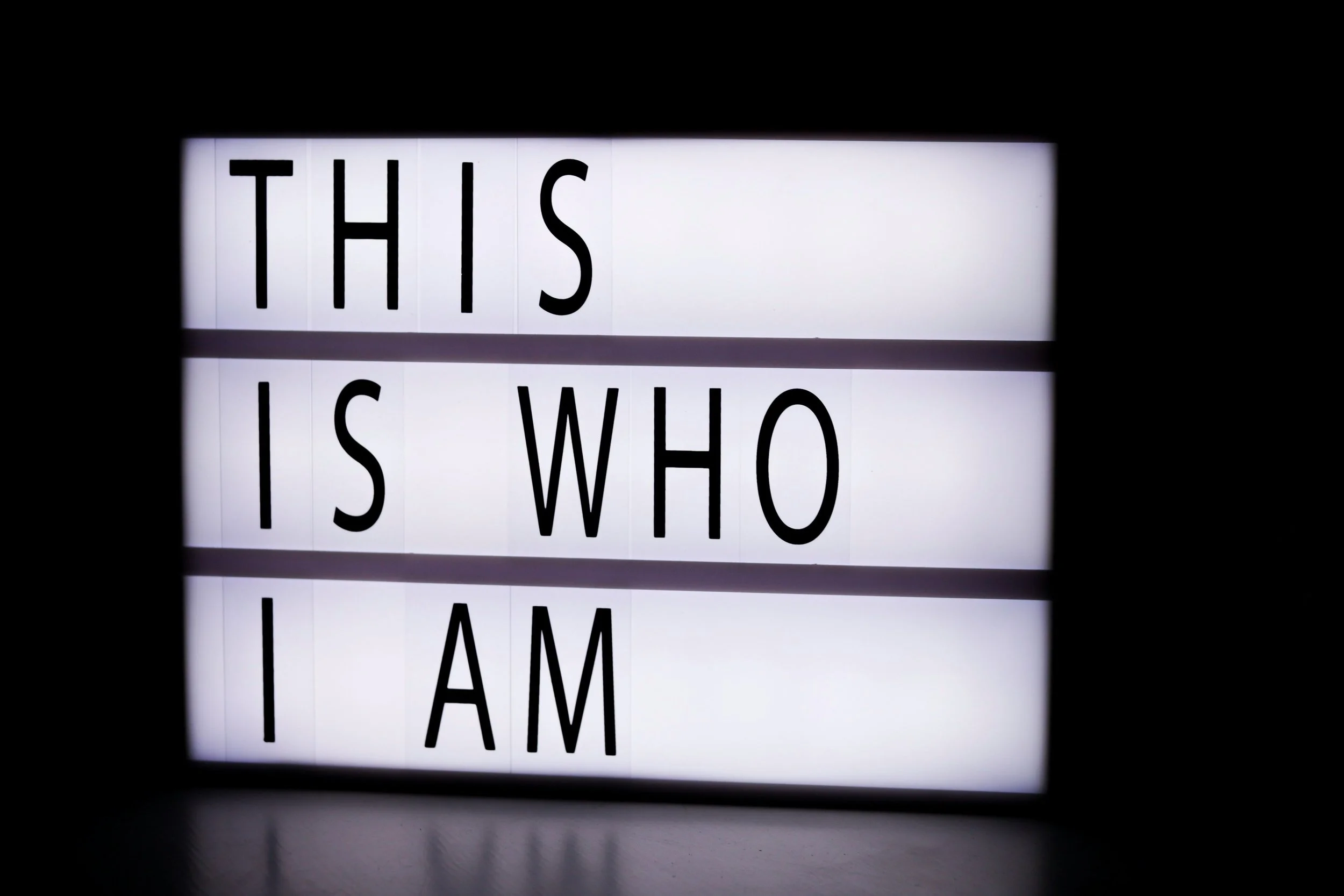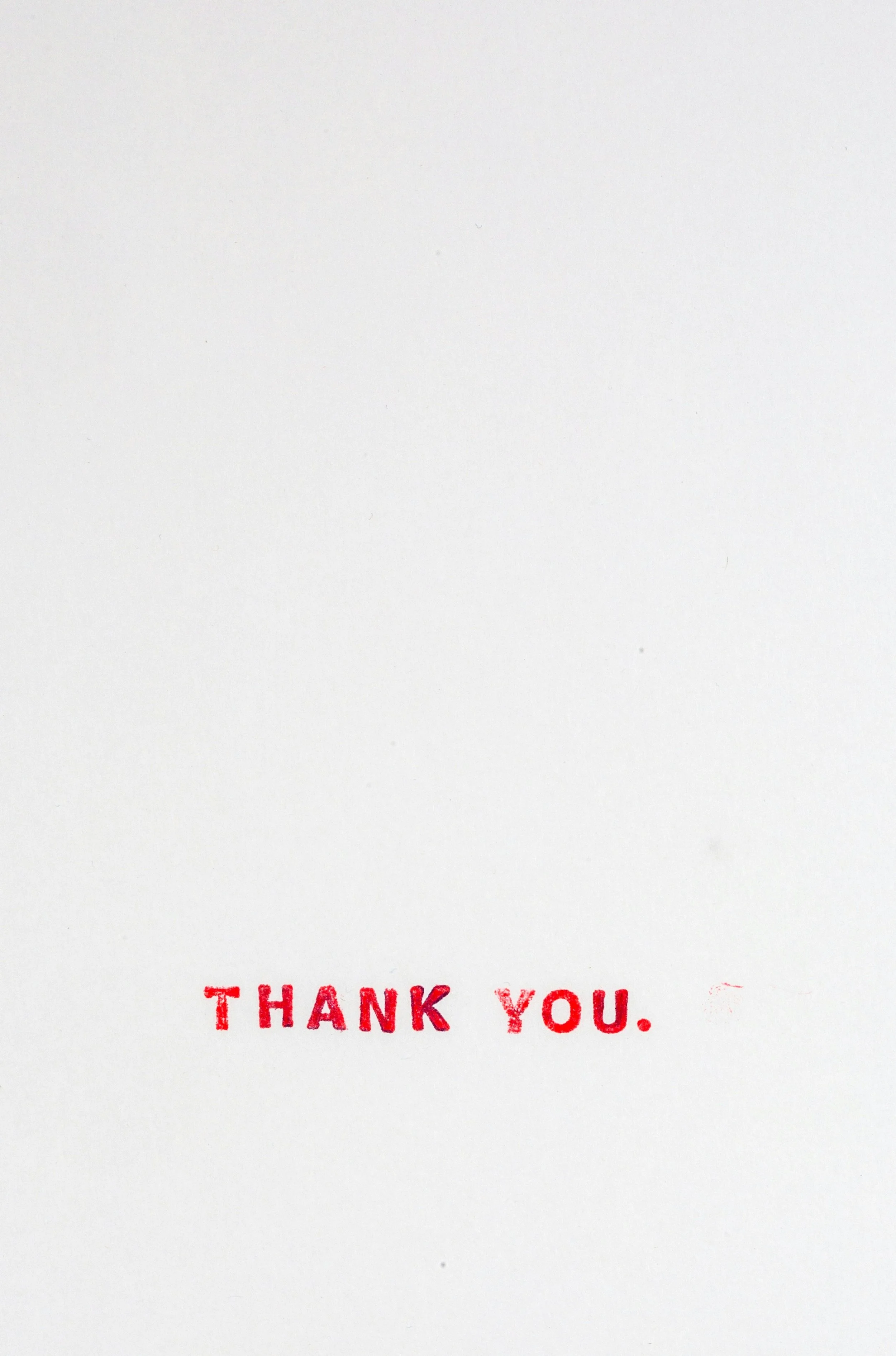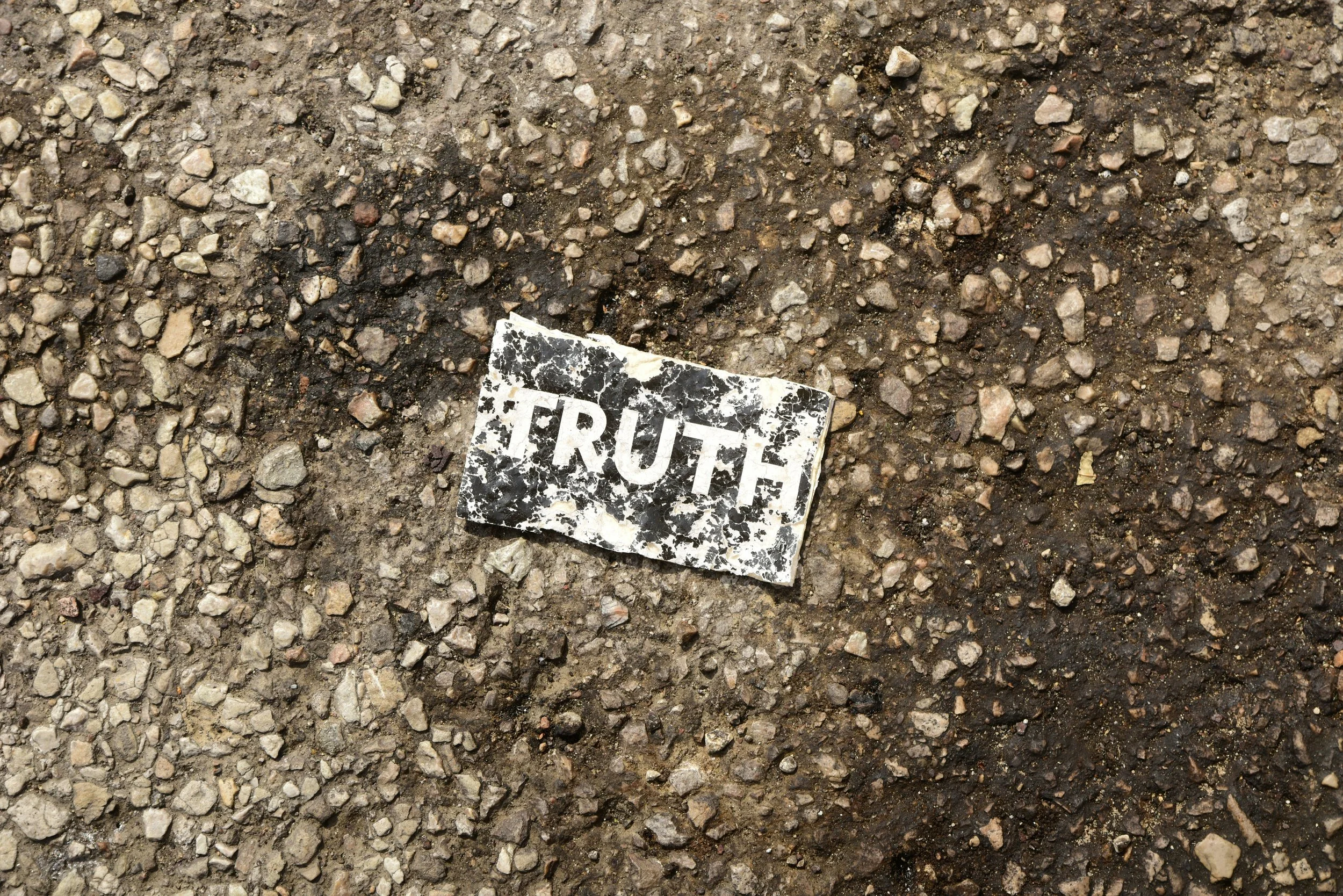What It Means to Be a Good Immigrant
Be polite. Be hardworking. Be grateful.
That’s what makes a good immigrant. Or at least, that’s what we’ve been told.
Blend in. Be useful. Don’t ask for too much. But the moment you push back—on unfair treatment, on discrimination, on your right to belong—the patience runs out. The welcome feels conditional.
(Photo by Towfiqu barbhuiya on Unsplash)
Who We Were, Who We Became
A man plays the erhu in a Chinatown subway station, the case at his feet open for spare change.
Once, he was a doctor. A professor. A man with students, patients, respect.
Now, he is invisible.
Because immigrants don’t start from zero. They start from negative.
They arrive in a new country with entire past lives the world never bothers to see.
(Photo by Felicia Buitenwerf on Unsplash)
The Things We Pretend Not to See
We like to believe we notice what matters. But so much of life happens in the spaces we choose to ignore—the quiet struggles, the unspoken judgments, the moments of discomfort we’d rather look away from.
The janitor working long after everyone’s gone. The delivery driver waiting in the cold. The coworker whose lunch sparks whispers behind her back.
We tell ourselves it’s not our business. That someone else will say something.
But the things we ignore don’t disappear.
(Photo by Ricardo Aguilera on Unsplash)
America Through a Newcomer’s Eyes
Americans don’t think twice about things that seem ordinary to them.
But to a newcomer, everything is new.
The way strangers smile at you on the street.
The sheer size of everything.
The obsession with small talk.
The flags—everywhere.
The confidence, like the world is listening.
Pay It Forward
You never really know where it ends.
A stranger covers a bus fare. A driver lets someone merge. A woman gives up her seat on a crowded train.
Small things. Forgettable things.
Except they aren’t.
Because no one pays it back. They pay it forward.
(Photo by Wilhelm Gunkel on Unsplash)
My Truth, Your Truth, and the Fight for the Truth
Truth used to be simple. At least, it felt that way.
Now, truth is personal—something we claim rather than something we seek. It’s not just a matter of what happened—it’s who you are and which side you’re on.
And most people would rather fight to the death for their truth than face the discomfort of realizing they might not have had the full picture.
(Photo by Michael Carruth on Unsplash)
Compassion
"If you want others to be happy, practice compassion. If you want to be happy, practice compassion." – The Dalai Lama
Maybe compassion isn’t about grand gestures. Maybe it’s not about saving the world or fixing everything that’s broken.
Maybe it’s about the moments we choose to see someone instead of looking away.
(Photo by Zac Durant on Unsplash)
What Unites Us
For everything that divides us, there are things that pull us back together.
The way a starry night stops us in our tracks, the Milky Way spilling across the sky. The way a song can transport us back in time. The way a shared meal can turn strangers into family.
For all our differences, maybe we’ve had common ground all along.
(Photo by Benjamin Voros on Unsplash)
The Cost of Looking Away
Most of the time, the world doesn’t fall apart in a single moment.
It happens slowly. Quietly.
Not because people fought for the wrong thing—but because too many people didn’t fight for anything at all.
(Photo by Austin Pacheco on Unsplash)
The Price of a New Life
Every immigrant story is, in some way, a story of loss.
We lost the voices that once called our names from another room.
The hands that used to straighten our collars before we left the house.
The scent of home-cooked meals we’ll never taste quite the same way again.
Because immigrants don’t just carry dreams.
We carry ghosts. We carry goodbyes we never got to say.
(Photo by Veit Hammer on Unsplash)
Borrowed Words, Borrowed Lives
Languages have always borrowed from each other—words traveling across borders, changing shape, becoming something new.
But immigrants don’t just borrow words.
We borrow confidence, humor, traditions.
We borrow rhythms—of speech, of movement, of how to fit in.
And little by little, what started as borrowed becomes something else.
(Photo by Glen Carrie on Unsplash)
The Privilege of Not Thinking About It
Some people move through the world without ever having to explain themselves.
They don’t have to wonder if using their full name on an application will affect their chances.
They don’t have to Google which neighborhoods are more welcoming to outsiders before moving.
They don’t have to worry if their passport will cause extra screening at the airport.
Because no one has ever made them question their belonging.
(Photo by Possessed Photography on Unsplash)
Who Gets to Be an Immigrant?
Some people move to another country and call themselves expats.
Others move and are called immigrants.
Some are welcomed, celebrated, seen as adding value.
Others are questioned, scrutinized, expected to prove they deserve to stay.
The same action—packing up, leaving home, starting over—yet the world labels some as immigrants and others as something else.
Split Between Worlds
The person I am in English is not the same as the person I am in my first language.
One version is sharper, quicker. The other is softer, built in a language where certain words carry more weight.
Sometimes, it feels like I am one person in pieces.
But maybe I am not less whole because I exist in fragments.
The Easter Eggs of an Immigrant’s Life
Life as an immigrant isn’t just about challenges—it’s also about the unexpected moments that make you stop and smile. A familiar word overheard in a crowd. A long-lost childhood snack hidden on a store shelf. A small act of recognition in a place that once felt foreign.
Some of these moments are bittersweet, reminders of what’s changed. Others mark how far you’ve come. But each one is a quiet, personal discovery—proof that even in a new world, pieces of your old one still find their way back to you.
(Photo by Annie Spratt on Unsplash)
The Things We No Longer Translate
At first, we translated everything.
Menus, conversations, jokes.
Emotions, thoughts, even the way we reacted to things.
We wanted people to understand us.
We wanted to fit.
But over time, some of us stopped.
Because maybe not everything about us needs to be explained.
(Photo by Rubaitul Azad on Unsplash)
The Hypocrisy That Got Us Here
We were raised to believe in simple morals: Be kind. Be fair. Do the right thing.
But what happens when those values clash with self-interest?
What happens when family values stop at our own families?
When we celebrate our immigrant ancestors but reject today’s newcomers?
When we defend freedom—but only for people who think like us?
(Photo by Sander Sammy on Unsplash)
The Privilege of Being Apolitical
Some people can afford to ignore politics. They can roll their eyes at the news, shrug off an election, and say, “It doesn’t really affect me.”
But for immigrants, politics isn’t just a debate—it’s survival.
A law can decide whether we stay. A policy can determine if our families reunite. A shift in rhetoric can turn neighbors into enemies.
Because when you don’t have the privilege of looking away—
You learn to pay attention.
(Photo by Dan Dumitriu on Unsplash)
Remember When ‘Love Is Love’ Meant Something?
There was a time when “Love is love” was everywhere. It felt like a turning point—like we had finally agreed on something that couldn’t be debated.
But that was a lifetime ago.
Before the backlash. Before the rights we fought for became rights we had to defend again. Before people started making exceptions.
So the question isn’t just “Do you remember when ‘Love is love’ meant something?”
It’s What happened?
(Photo by Monika Kozub on Unsplash)
The Immigrant Guilt Complex
No one talks about the guilt.
The guilt of leaving. The guilt of staying. The guilt of thriving. The guilt of struggling.
If you succeed, you feel like you’ve left others behind. If you struggle, you feel like you’ve wasted the sacrifices that got you here. And no matter where you are, a part of you wonders—
Will I ever do enough to make up for it?
(Photo by Callum Skelton on Unsplash)





















